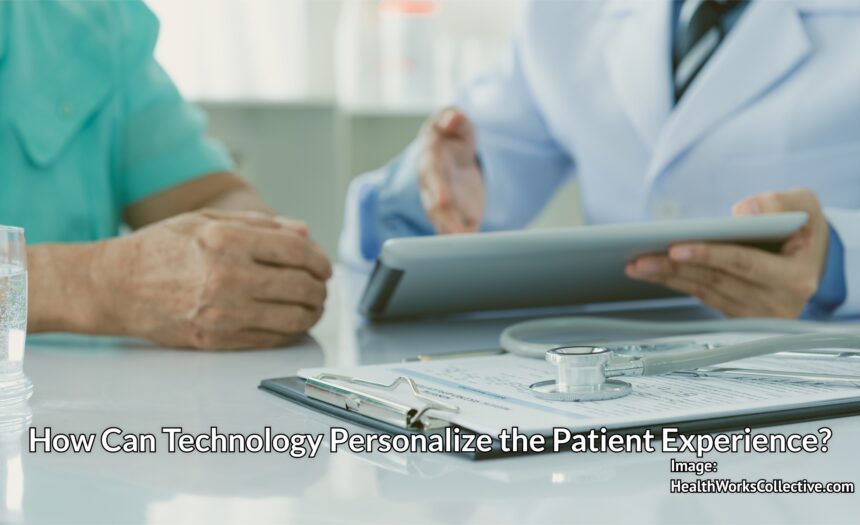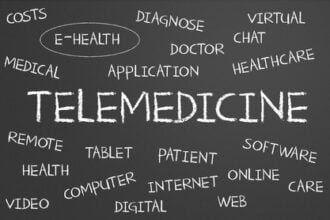Health start-ups are some of the hottest investments, attracting over 4 billion dollars in the first half of 2016. The activity of these companies deals with patient experience, personalized medicine, wellness and the administration of patient records. The common denominator is Big Data, and the main inspiration comes from retail and entertainment giants like Amazon and Netflix. The aim of these companies is to create a paradigm shift and to replace the disease-centered model with a patient-centered one. Their products are based on collaborative filtering methods to produce recommendations starting with the patient?s history, genetical predispositions, and lifestyle.
Collaborative recommendation engines
In retail, this technique requires substantial amounts of data that are fed into algorithms scanning for patterns and correlations. The same logic could be used for enhancing the health experience. Data can include medical records, the medical history of a family, blood test results, lifestyle assessment, and biomarkers. The algorithms are expected to create clusters of similar results that indicate the presence of a disease and warn patients with values dangerously approaching known diagnosis. In a similar way to Amazon?s ?Customers who bought this item also bought?, such an algorithm could quickly identify comorbidities and create treatment and disease management recommendations.
360 degree view of the patient
Inspired by the commercial system, the healthcare sector aims to create a complete view of a patient, amassing as much data as possible in the personal record. Knowing every aspect can increase the degree of personalization by identifying the elements that contribute to the disease and determine the best way of interacting with the patient.
Disease models
Current diagnosis techniques rely on comparing the patient?s symptoms, history and test results with textbook descriptions of acceptable parameters and classifying them as sick if certain conditions are cumulatively met. This is a perfect description of an algorithm. The difference between a real medical specialist and a machine evaluating the health status of a person comes with pros and cons. While the computer can rely on vast amounts of data, with a magnitude order that would require hundreds of years of practice, the doctor can use their knowledge and intuition as well as human reasoning to decide the best course of action. In the beginning, such algorithms would require human intervention for calibration.
Personalized plan
After algorithms are in place and functioning properly, it is time to enjoy the advantages. This includes the active participation of the patient in managing their health status. A personalized plan is, in fact, a risk-assessment report, stating the current situation, predispositions and possible future diseases. Each patient?s plan would be based on applying existing knowledge about molecular biology, genetics, the environment?s influence and lifestyle choices, thus including all current knowledge of medicine. These would be merged with the medical records, prescription history, and demographic data. The result would be a set of recommendations, with different degrees of urgency, ranging from immediate actions to recommended courses. The customized plans are produced almost in real-time, and updated with results from sensors and the patient?s duty is to follow the instructions. Such a process is an excellent candidate for gamification. Each task in maintaining health can be viewed as a mission to be completed. This approach could be particularly enjoyed by children and young adults, making the medical condition less negative and giving them a sense of achievement and empowerment.
Chronical illness
One of the best applications of personalized patient experience is in the case of chronically ill patients. This is an important segment, engulfing 78% of healthcare spending and 91% of prescriptions. Conditions require life-long medication and supervision of disease evolution. Traditionally, tests were repeated at intervals, but technology now allows for real-time monitoring and intervention, preventing unwanted spikes or even life-threatening situations. For the success of these methods, personalization should take into consideration not only the disease but the patient?s preferences regarding contact method, frequency of notifications and the preferred channel. Since some of the beneficiaries are older and less knowledgeable regarding new technology, the providers of such services need to design more than one way of serving the client. For example, while Millennials are perfectly fine with a push notification on their smartphone, a Baby Boomer may appreciate a phone call more.
Challenges of personalizing the patient experience
Adapting this successful model to the healthcare environment is not without obstacles. The most dangerous ones are imprecise diagnosis and false positives, followed by problems in gathering and cleaning data. The first two occur when the patient?s information is unable to place the case in a specific disease cluster, but rather on the border for a condition.
Imprecise diagnosis
An inaccurate diagnosis is most likely in Neuropsychiatry since there are no standardized values for certain parameters, it is more a matter of observation, assessment and personal interpretation by a doctor. Neurodegenerative diseases are hard to diagnose correctly from the beginning as the full picture unfolds gradually.
Data gathering
Even if patients trust medical staff with all their personal information, collecting it and making sense of the various recordings it is still a challenge. Storing, cleaning and preparing the data to be used in algorithms is the most time-consuming and resource-intensive activity. This step should be outsourced to a big data vendor to avoid the overwhelming costs of having an in-house data scientists team.
The healthcare of tomorrow
The personalized model is becoming a reality in various sectors, from retail to the auto industry and healthcare pioneers are following the trend. Using AI to increase the quality of life, especially for chronically ill patients is not about replacing doctor?s knowledge and diagnosis abilities, but about providing each person with a trustworthy personal assistant. Some people are already using wearables and smartphone apps to keep track of their fitness levels so it will be just an adaptation to keep track of drug usage or sugar levels in the blood.







